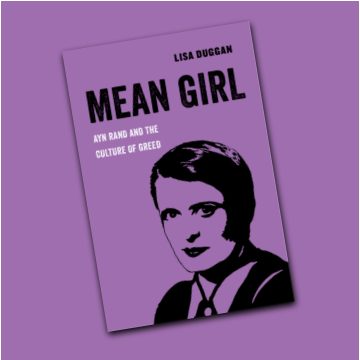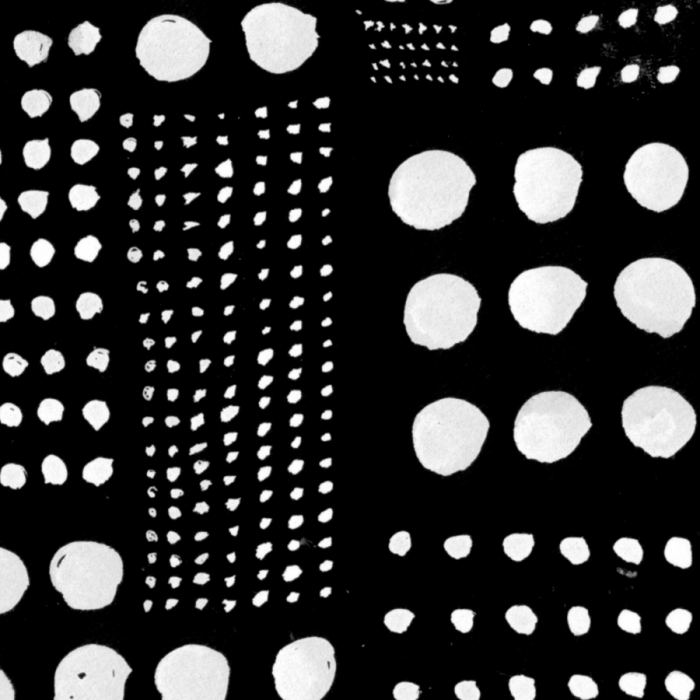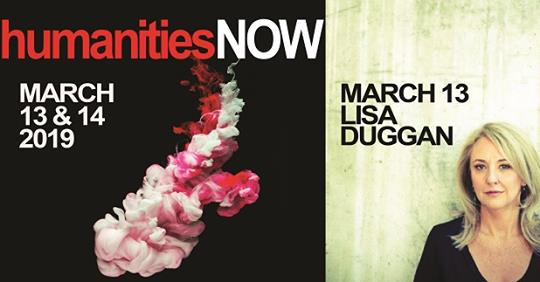Escape Velocity, or There Must be 50 Ways to Leave ‘The Family’

I’m teaching an introductory undergraduate course in LGBT history and politics this spring, encountering anew the alternating confusion, resistance and delight of students as they start to take in the full implications of the simple claim that gender and sexuality are historically constructed. As they arrive in my classroom, most understand LGBT “identities” as inborn or otherwise fixed; they bring with them an understanding of politics shaped by the marriage equality movement (though some come with versions of radical, genderqueer politics already well developed). They take the ride with me through Freud and Foucault, reading history, anthropology and queer theory texts with eyes wide open, questions flooding the room. It’s always fun to hear them work through ideas that challenge their working assumptions.
Something is missing: how do we link the historical forces that shape genders and sexualities with lived subjectivities?
But eventually we arrive at an impasse. Having shed notions of biological or psychic fixity, having worked through ideas about historically embedded social and cultural construction, many feel frustrated. They want to know how some of us come to embrace dissident gender and sexual practices, while others do not. They want to know how gender and sexual identities come to feel so real, and for some so innate and fixed. Something is missing: how do we link the historical forces that shape genders and sexualities with lived subjectivities? Queering psychoanalysis goes some way toward addressing these questions, but for students with a keen awareness of transnational and temporal variation, those theories can be too universalizing.
Continue reading “Escape Velocity, or There Must be 50 Ways to Leave ‘The Family’”
The Fun and the Fury: New Dialectics of Pleasure and Pain In the Post-American Century
This elaboration of the theme for the 2014 American Studies Association conference was written by Lisa Duggan, Jack Halberstam, Fred Moten and Jośe Muñoz. We need to get serious about fun, pleasure and happiness. On the way to global financial meltdown, the collapse of the housing market, the rise of the neoliberal university, the end »







